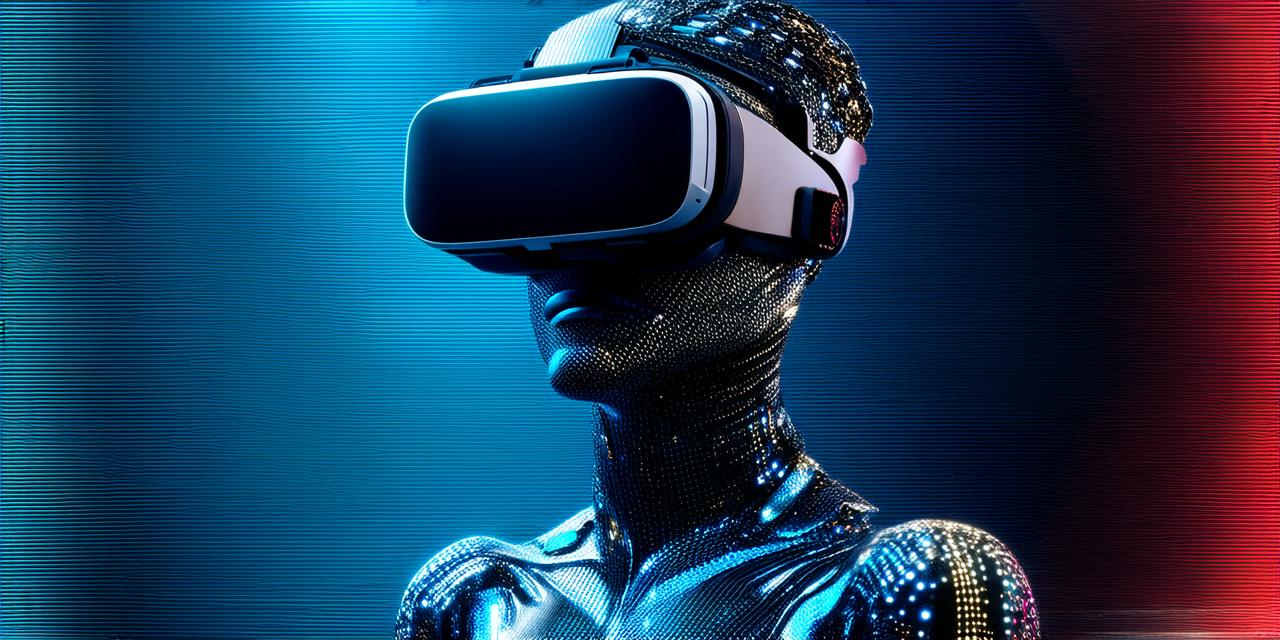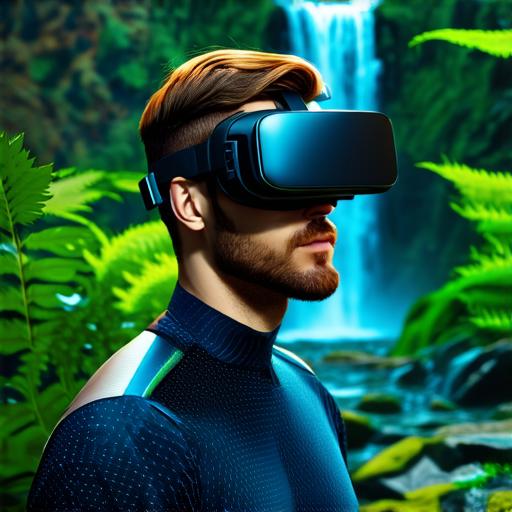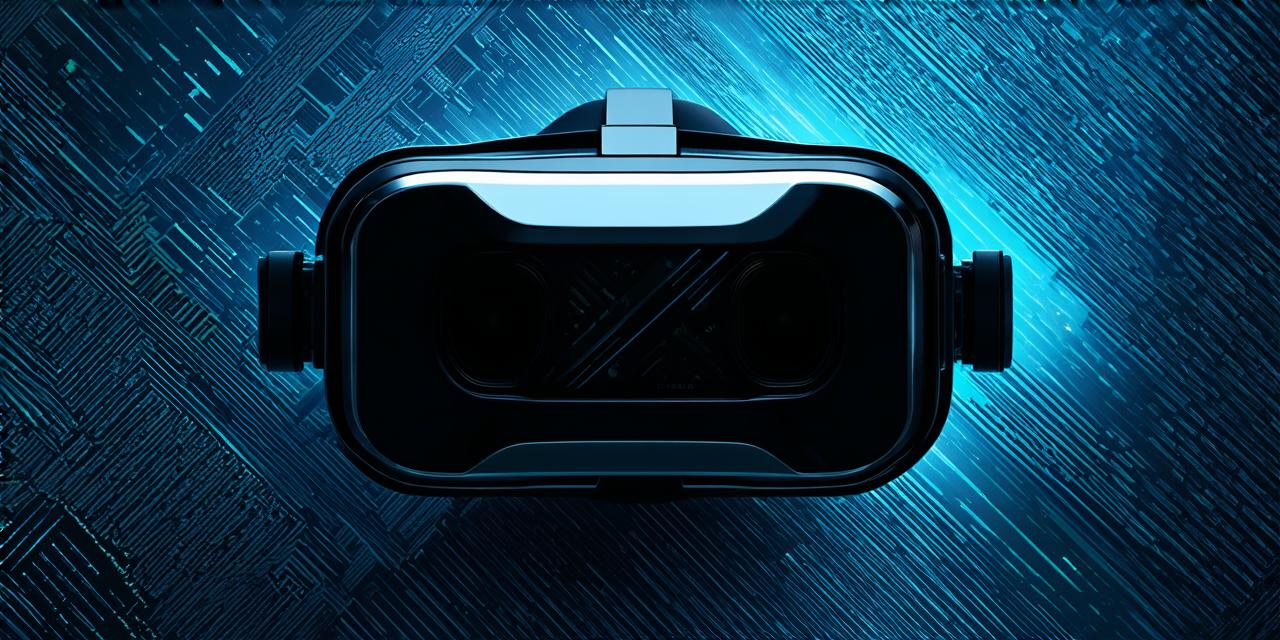
Will virtual reality change the world?
Virtual reality (VR) technology has been advancing rapidly in recent years, with new advancements and applications emerging every day. VR is a digital technology that creates an immersive experience for users by simulating a 3D environment that they can interact with using specialized headsets or other devices.
While the potential of VR technology is vast, it is important to consider whether it will truly change the world in significant ways. In this article, we will explore the potential of VR and its impact on various industries.
Table of Contents
ToggleVirtual Reality in Education
One of the most promising applications of VR technology is in education. With VR, students can experience virtual field trips to different parts of the world, allowing them to learn about history, culture, and science in an interactive and engaging way.

VR can also be used to create simulations of complex systems, such as the human body or the solar system, allowing students to visualize and understand these concepts in a more intuitive way.
Virtual Reality in Gaming
Another industry that is likely to be transformed by VR technology is gaming. With VR, gamers can enter fully immersive virtual worlds where they can interact with the environment and other characters in real-time.
This creates a level of engagement and immersion that was previously impossible with traditional gaming methods. Additionally, VR technology can enable new types of games that were not possible before, such as puzzle games that require physical movement or social games that bring people together in virtual spaces.
Virtual Reality in Healthcare
Virtual reality technology also has the potential to revolutionize healthcare. With VR, patients can receive therapy and treatment in a more immersive and engaging way, allowing them to better manage chronic conditions such as pain and anxiety.
Additionally, VR technology can be used to simulate surgical procedures, allowing doctors to practice and improve their skills before performing the actual operation. This not only saves time and resources, but also reduces the risk of complications for patients.
Virtual Reality in Real Estate and Architecture
Virtual reality technology is already being used in real estate and architecture to create virtual tours of properties and buildings.
This allows potential buyers and renters to explore different options without having to physically visit each location. Additionally, VR technology can be used to create 3D models of buildings and environments, allowing architects and designers to visualize and test their designs before construction begins.
Virtual Reality in Travel and Hospitality
Finally, virtual reality technology has the potential to transform travel and hospitality industries. With VR, people can virtually explore different destinations around the world, allowing them to plan their trips more effectively.
Additionally, VR technology can be used to create immersive experiences for hotel guests, such as virtual tours of the surrounding area or interactive games that showcase local culture.
In conclusion, virtual reality technology has the potential to revolutionize many industries and change the way we interact with the world around us. While there are certainly challenges to overcome in terms of cost and accessibility, the potential benefits of VR technology are too great to ignore. As this technology continues to evolve, it will be interesting to see how it shapes our future and what new opportunities emerge for businesses and individuals alike.

